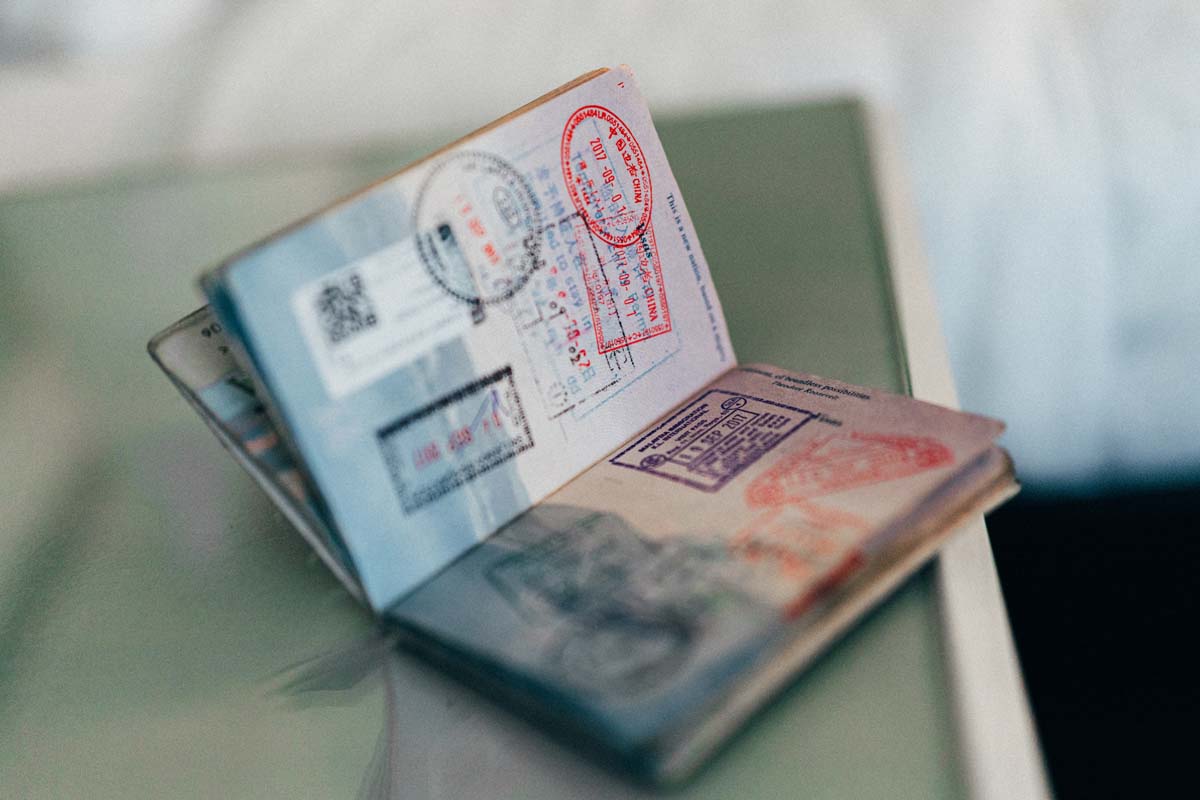
403
Sorry!!
Error! We're sorry, but the page you were looking for doesn't exist.
US will start requiring fifty thousand dollars for business or tourist visas
(MENAFN) The United States is set to implement a new trial initiative that will require some foreign nationals to pay a visa bond of up to $15,000 when applying for business or tourist visas, according to official notices.
The move aligns with President Donald Trump’s broader immigration agenda, which has consistently focused on curbing illegal entry. His administration has increased funding for immigration enforcement, tightened border controls, reduced humanitarian aid programs, and ramped up the detention of undocumented individuals.
Back in June, the administration had already imposed broad travel restrictions on citizens from 19 countries, citing national security concerns. It also introduced a mandatory “integrity fee” for all nonimmigrant visa seekers.
The upcoming program, set to begin on August 20, allows consular officials to demand refundable bonds ranging from $5,000 to $15,000 for applicants from specific nations. The one-year pilot applies to B-1 (business) and B-2 (tourism) visa applicants coming from countries identified as having high rates of overstaying visas, limited background vetting procedures, or citizenship-by-investment policies that lack residency obligations.
The exact bond requirement will depend on various factors, such as the traveler’s intentions, income level, occupation, and educational background.
The full list of countries to which the policy applies is expected to be made public later on Tuesday. While officials have not confirmed how many people the measure will impact, estimates suggest around 2,000 applicants may be required to post bonds during the trial.
Countries previously targeted by earlier travel restrictions—such as Haiti, Chad, Eritrea, Myanmar, and Yemen—are among those known for elevated overstay rates. A recent report from U.S. Customs and Border Protection showed that in 2023 alone, over 500,000 individuals were classified as “Suspected In-Country Overstays.” Mexico topped the list with 49,000 cases, followed by Colombia with 41,000, and other countries like Brazil, Venezuela, Haiti, and the Dominican Republic each reporting over 20,000 cases.
According to analysts, these restrictive immigration policies could have unintended economic consequences. “Fewer immigrant workers means a smaller economy,” said Moody’s lead analyst Mark Zandi on Sunday, warning that the country is “on the precipice” of a recession in part due to these immigration measures.
The move aligns with President Donald Trump’s broader immigration agenda, which has consistently focused on curbing illegal entry. His administration has increased funding for immigration enforcement, tightened border controls, reduced humanitarian aid programs, and ramped up the detention of undocumented individuals.
Back in June, the administration had already imposed broad travel restrictions on citizens from 19 countries, citing national security concerns. It also introduced a mandatory “integrity fee” for all nonimmigrant visa seekers.
The upcoming program, set to begin on August 20, allows consular officials to demand refundable bonds ranging from $5,000 to $15,000 for applicants from specific nations. The one-year pilot applies to B-1 (business) and B-2 (tourism) visa applicants coming from countries identified as having high rates of overstaying visas, limited background vetting procedures, or citizenship-by-investment policies that lack residency obligations.
The exact bond requirement will depend on various factors, such as the traveler’s intentions, income level, occupation, and educational background.
The full list of countries to which the policy applies is expected to be made public later on Tuesday. While officials have not confirmed how many people the measure will impact, estimates suggest around 2,000 applicants may be required to post bonds during the trial.
Countries previously targeted by earlier travel restrictions—such as Haiti, Chad, Eritrea, Myanmar, and Yemen—are among those known for elevated overstay rates. A recent report from U.S. Customs and Border Protection showed that in 2023 alone, over 500,000 individuals were classified as “Suspected In-Country Overstays.” Mexico topped the list with 49,000 cases, followed by Colombia with 41,000, and other countries like Brazil, Venezuela, Haiti, and the Dominican Republic each reporting over 20,000 cases.
According to analysts, these restrictive immigration policies could have unintended economic consequences. “Fewer immigrant workers means a smaller economy,” said Moody’s lead analyst Mark Zandi on Sunday, warning that the country is “on the precipice” of a recession in part due to these immigration measures.

Legal Disclaimer:
MENAFN provides the
information “as is” without warranty of any kind. We do not accept
any responsibility or liability for the accuracy, content, images,
videos, licenses, completeness, legality, or reliability of the information
contained in this article. If you have any complaints or copyright
issues related to this article, kindly contact the provider above.


















Comments
No comment